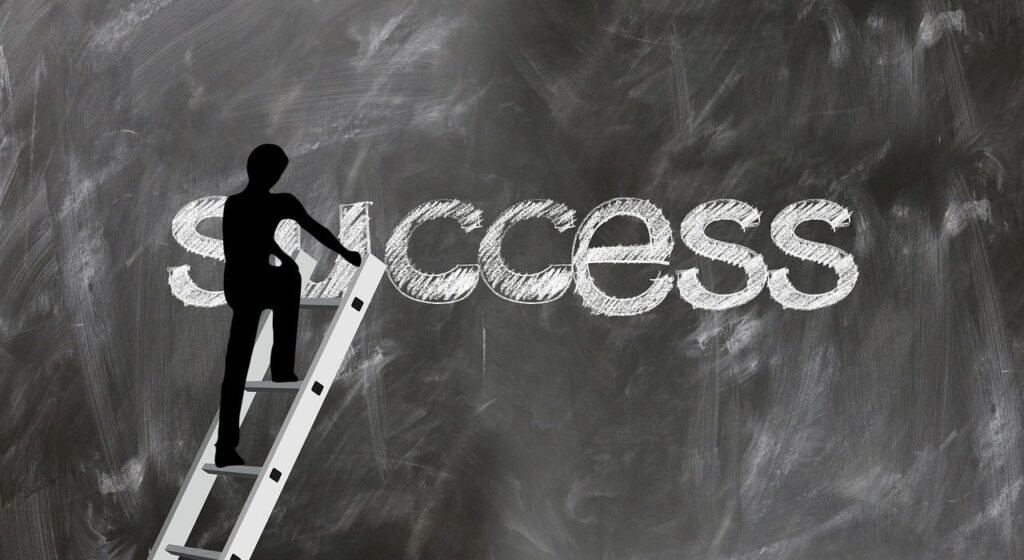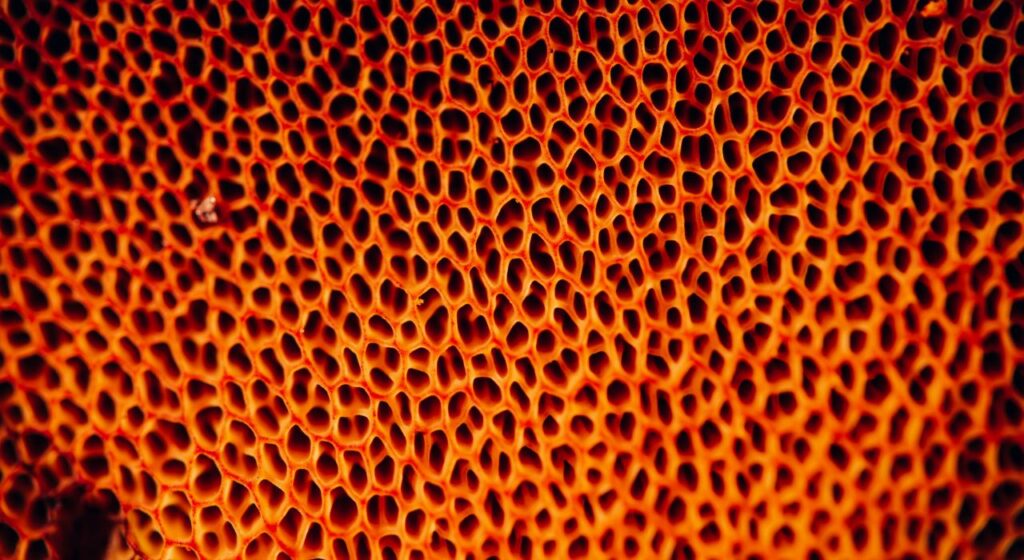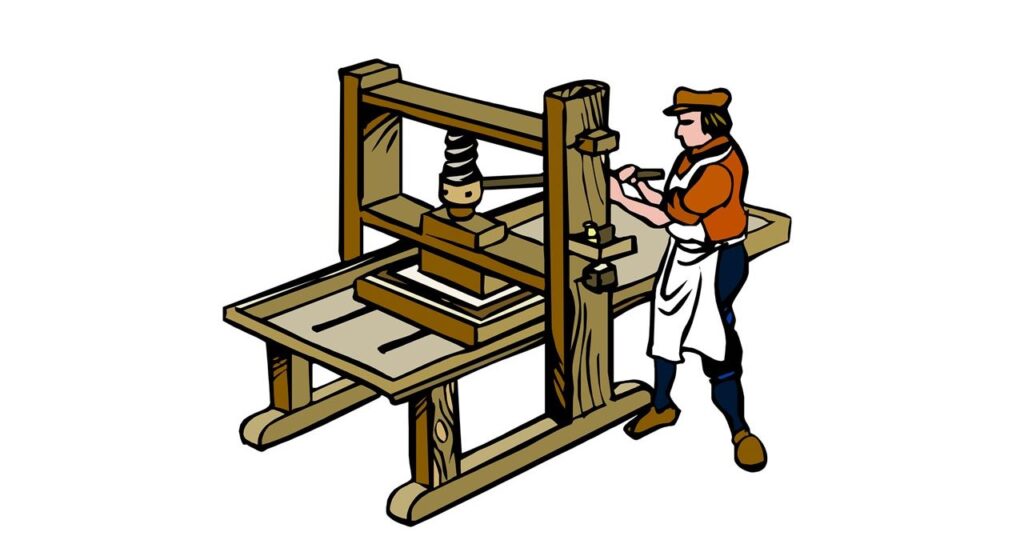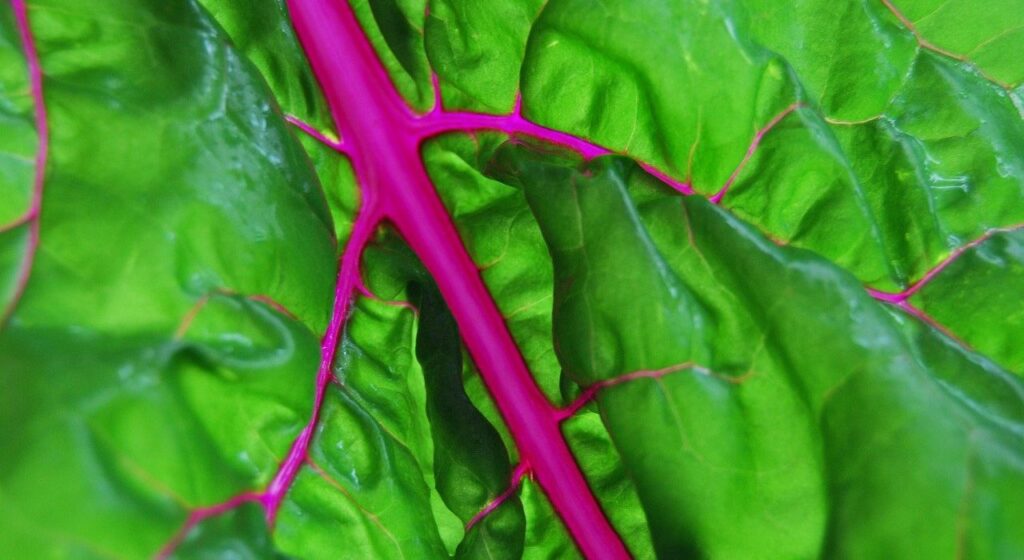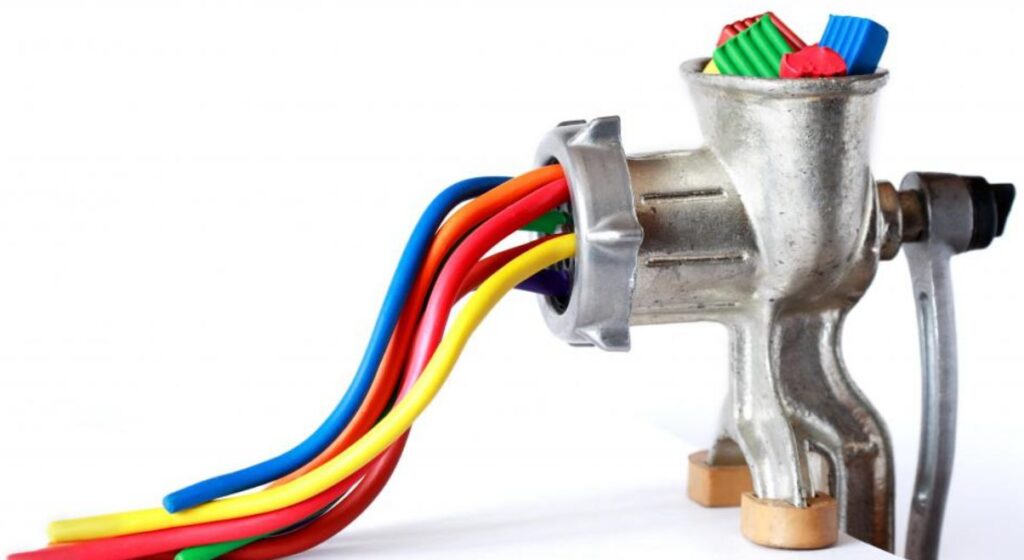January 13, 2021
Obviousness requires both a reason to modify or combine prior art to achieve a claimed invention and a reasonable expectation of success. Evidence showing there was
Read more
January 8, 2021
U.S. patent examiners often use an optimization rationale when rejecting claims as obvious. Such situations typically arise when a claim recites a range of possible values
Read more
December 29, 2020
Ex parte Grillo-Lopez, is a 2020 decision of the Patent Trial and Appeal Board (PTAB) that is listed among the Board’s precedential decisions. Ex parte Grillo-Lopez,
Read more
December 23, 2020
While a judgment on obviousness is in a sense necessarily a reconstruction based on hindsight reasoning, such a reconstruction is improper if it includes knowledge gleaned
Read more
December 17, 2020
In Ex parte Song, the Patent Trial and Appeal Board (“Board”) reversed an Examiner’s obviousness rejection after finding the Examiner failed to establish that it would
Read more
December 11, 2020
Section 101 broadly recognizes patent eligibility for “any new and useful process, machine, manufacture, or composition of matter.” However, the U.S. Supreme Court has identified exceptions
Read more
December 7, 2020
Ex parte Jud, is a 2007 decision of the Board of Patent Appeals and Interferences (BPAI) that is listed among the Patent Trial and Appeal Board’s
Read more
December 1, 2020
Applicants are not always required to present evidence of unexpected results in a § 1.132 declaration. If the specification identifies a result as unexpected or surprising,
Read more
November 23, 2020
A threshold issue for the Patent Trial and Appeal Board (“Board”) to resolve is often claim interpretation. It is well-settled that claims must be “given their
Read more
November 20, 2020
Patent claims often recite structural limitations in combination with one or more properties. In the chemical arts, for example, a claim might recite a copolymer comprising
Read more

